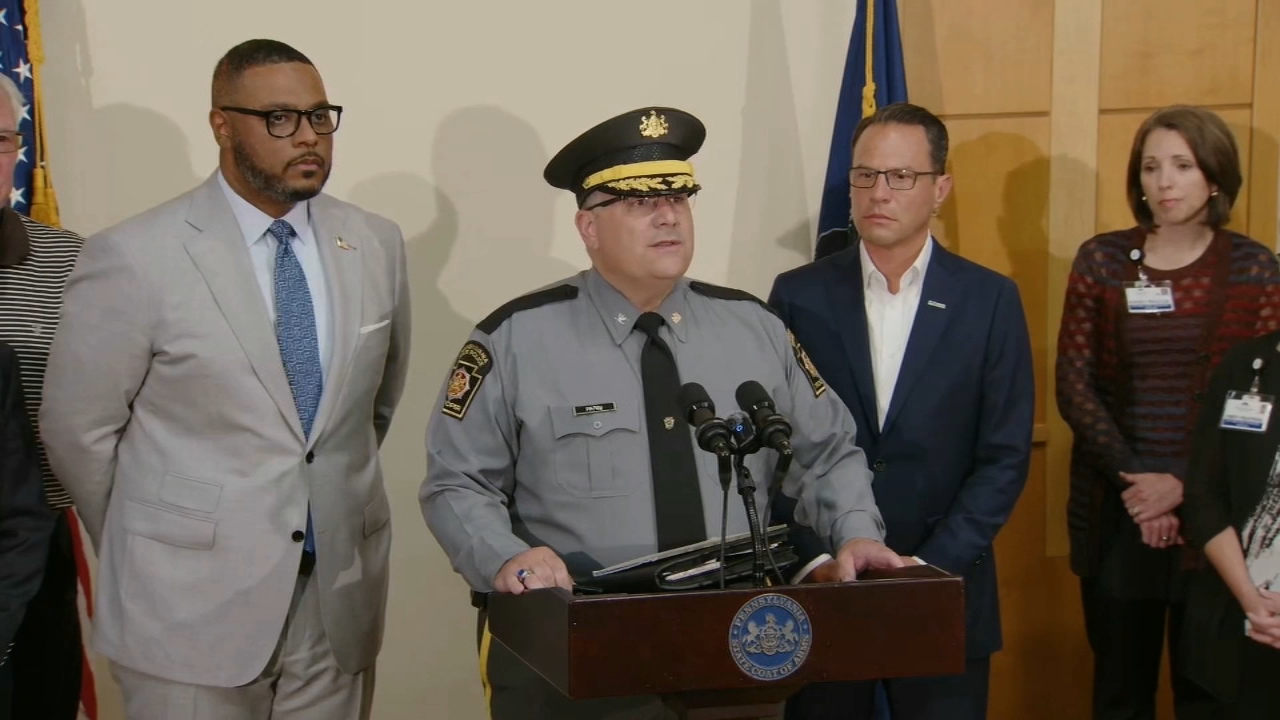Trump and Putin Set to Meet in Alaska for High-Stakes Summit Focused on Ukraine, Security, and Economic Cooperation
According to a statement released by the Kremlin, U.S. President Donald Trump is scheduled to meet with Russian President Vladimir Putin in Alaska this Friday. The summit, described as being organized on short notice, will primarily address topics such as the ongoing war in Ukraine, matters of international security, and opportunities for economic collaboration between the two nations.
Alaska Summit date
This will mark the first face-to-face encounter between Trump and Putin since their last meeting in 2019, and it also represents the highest-level diplomatic engagement between Washington and Moscow since Russia launched its full-scale invasion of Ukraine three years ago. Kremlin foreign policy advisor Yuri Ushakov revealed that the two leaders will initially hold a private, one-on-one conversation at 11:30 a.m. local time, taking place at the Elmendorf-Richardson military base located in Anchorage. Following this closed-door session, formal discussions will proceed with delegations that include five officials from each side.
Ushakov noted that the length of the summit will depend on how the initial discussions unfold. The day is expected to conclude with a joint press conference featuring both heads of state. From the American perspective, officials have framed the meeting as an opportunity for Trump to listen and assess Putin’s openness to negotiations and a possible cessation of hostilities in Ukraine. Should the meeting show promise, U.S. diplomats have indicated a potential second summit involving Ukrainian President Volodymyr Zelenskyy could be arranged in the near future.
US Russia Summit Alaska
However, recent developments suggest a deterioration in Trump’s view of Putin. The U.S. president has grown increasingly frustrated over the Russian leader’s steadfast refusal to compromise or end the conflict unless Kyiv agrees to highly unfavorable terms. Trump previously stated he would escalate economic sanctions against Moscow and increase support for Ukraine if Putin failed to comply with a proposed ceasefire deadline. Nonetheless, following a recent meeting in Moscow between special envoy Steve Witkoff and the Russian president, Trump shifted his focus toward the upcoming Alaska summit.
What to know about Putin Trump Summit in Alaska
Both Washington and Moscow described the outcome of Witkoff’s visit to the Kremlin as a sign of “progress,” although they did not disclose any substantive details. President Putin has so far shown no indication of modifying his core demands, which include reversing NATO’s expansion eastward and imposing restrictions that would effectively dismantle Ukraine’s sovereignty as an independent nation-state.
Ushakov emphasized that while the war in Ukraine would dominate the discussions, the summit would also explore global security concerns and prospects for renewed economic ties. “Our approach will be strictly pragmatic and businesslike,” Ushakov said, as quoted by the Russian state-run news agency Tass. He also remarked that Moscow sees tremendous, largely untapped potential for economic partnership with the United States, particularly in areas like energy, finance, and the Arctic region.
Russia’s Officials to attend the Summit
The Russian delegation attending the summit is composed of several high-profile officials, including Finance Minister Anton Siluanov, Foreign Minister Sergei Lavrov, Defense Minister Andrei Belousov, Kirill Dmitriev—who serves as Putin’s special envoy for economic matters—and Ushakov himself. Siluanov plays a leading role in managing Russia’s strategy for dealing with international sanctions, while Dmitriev, who oversees the Russian sovereign wealth fund, has long promoted potential joint ventures between the U.S. and Russia, especially in the energy and Arctic sectors.
During the presidency of Joe Biden, the United States spearheaded a coordinated Western campaign aimed at pressuring Russia to halt its aggression in Ukraine through unprecedented sanctions. Since returning to office in January, President Trump has opted to maintain the existing sanctions framework but has been cautious about introducing additional punitive measures. U.S. officials have privately indicated that the potential lifting of sanctions could serve as leverage to bring Russia to the negotiating table and secure an end to the war.
At times, U.S. policymakers have appeared to view the Ukrainian conflict as a significant obstacle to rebuilding stable relations with Russia. Envoy Steve Witkoff has spoken of “a unique opportunity to transform the U.S.-Russia relationship” through shared commercial interests—if an agreement on Ukraine can be reached.
In a call with European leaders earlier this week, Trump reportedly assured them that he would not make any unilateral deals with Putin at Ukraine’s expense. He emphasized that any potential arrangement would not exclude Kyiv or present President Zelenskyy with a “fait accompli.” Trump warned that if Putin refused to end the conflict, there would be “very serious consequences” for Russia.
Unity in Support of Ukraine
Meanwhile, Zelenskyy traveled to the United Kingdom on Thursday to meet with Prime Minister Sir Keir Starmer. This visit comes amid broader European efforts to show unity in support of Ukraine, particularly since European countries were not invited to participate directly in the Alaska talks.
During recent communications with European partners, Trump reportedly expressed willingness to back the formation of a European-led security force in post-war Ukraine. While this would not fall under NATO’s official umbrella, it would serve as a kind of “security reassurance” mechanism. This proposal, reportedly endorsed by both the United Kingdom and France, would involve a U.S. security guarantee for a European peacekeeping presence in Ukraine. According to three European diplomats familiar with the call, Trump confirmed American support on the condition that NATO would not be formally involved.
Prime Minister Starmer informed European leaders on Wednesday that their talks with Trump had yielded progress on securing these guarantees. He later released a brief video clip showing him assuring the U.S. president that European countries would contribute the “lion’s share” of personnel and resources for any postwar mission in Ukraine.


